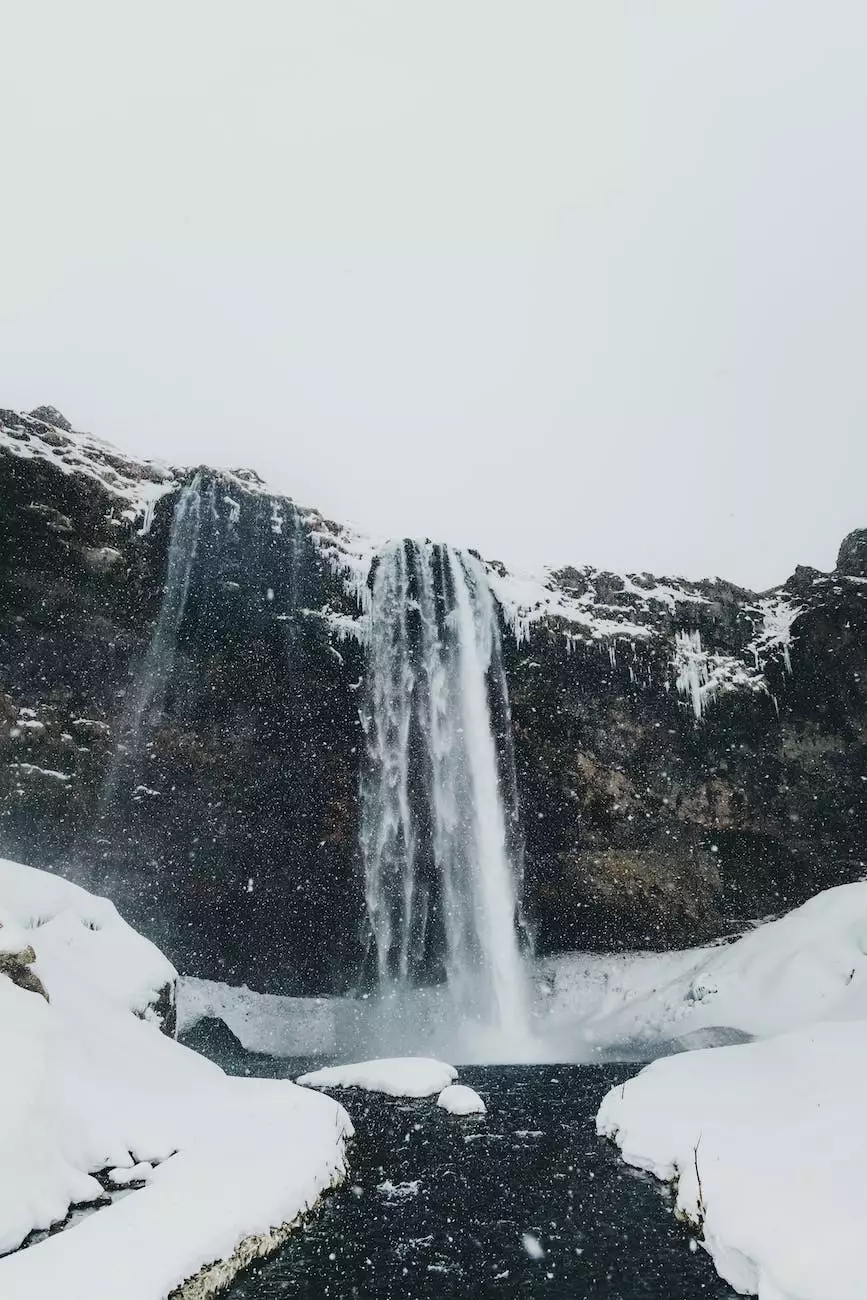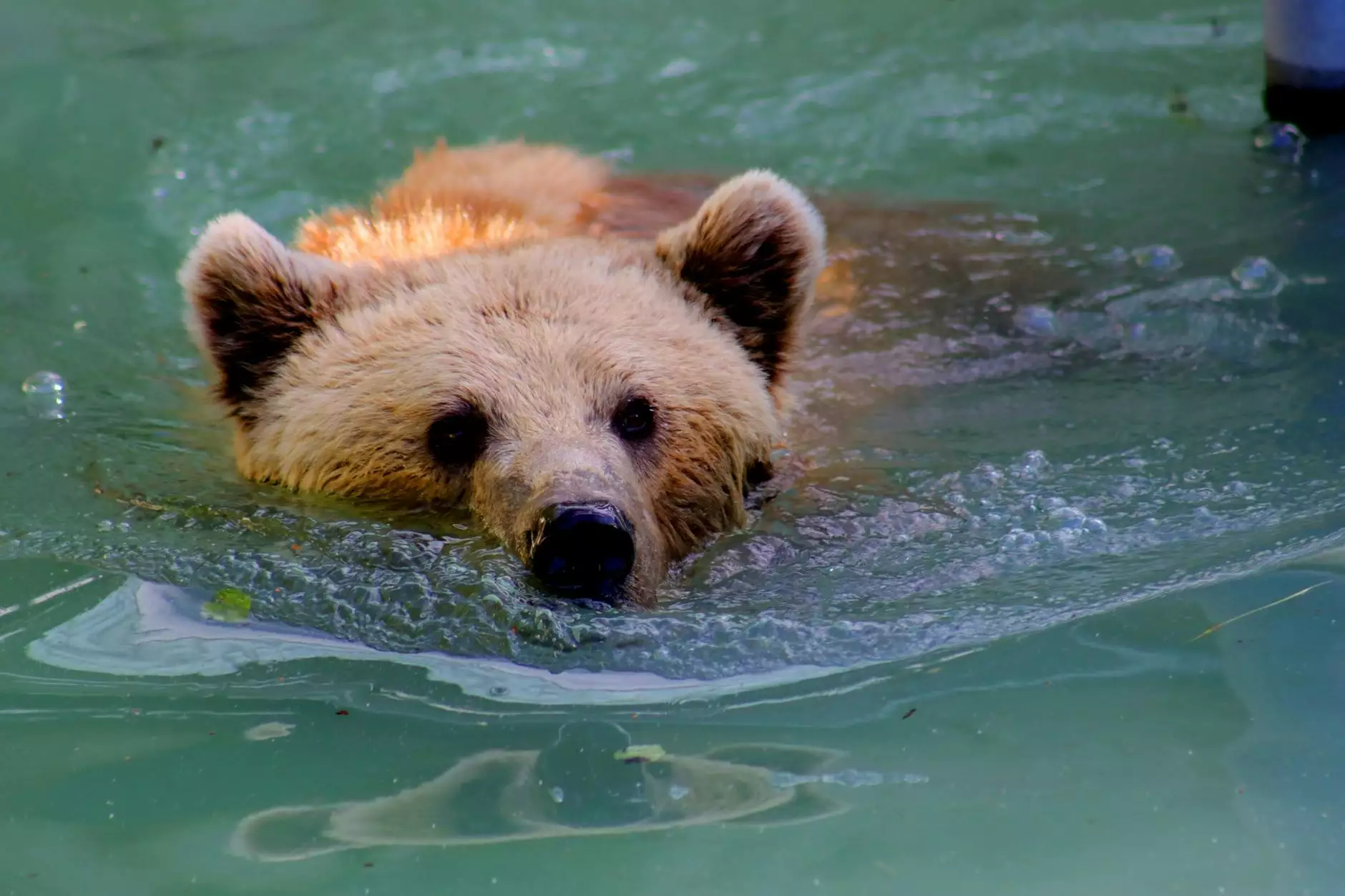Better with Beavers: How partnerships with a rodent are helping restore watersheds in the Pacific Northwest
Blog
As we strive for a better and more sustainable future, it is crucial to explore innovative approaches to ecosystem restoration. In the Pacific Northwest, the humble beaver is emerging as a key player in the restoration of watersheds. Partnering with these skilled architects of nature can bring about remarkable benefits for both the environment and communities. At Butterflies R Us Mobile Training, we are committed to promoting such partnerships and highlighting the significant role beavers play in restoring and maintaining healthy ecosystems.
The Importance of Watersheds
Before delving deeper into the topic of beaver partnerships, it's essential to understand the significance of watersheds. A watershed is an area of land where all water, including rain and melting snow, flows into a specific body of water, such as a river, lake, or ocean. Watersheds are vital for providing clean drinking water, supporting diverse ecosystems, and regulating water quantity and quality.
Unfortunately, many watersheds in the Pacific Northwest have experienced degradation due to various human activities over the years. Deforestation, pollution, and the alteration of natural water flows have disrupted these delicate ecosystems. However, thanks to the incredible abilities of beavers, we have an opportunity to restore and revitalize these crucial water systems.
The Role of Beavers in Watershed Restoration
Beavers are renowned for their ecosystem engineering skills. Through their behaviors, such as dam building and selective tree cutting, they create complex structures that have a profound impact on their surroundings. These activities result in the creation of wetlands, which serve as invaluable habitat for numerous plant and animal species.
The dams built by beavers help slow down and store water, enabling the recharging of groundwater and the mitigation of flooding. Furthermore, the wetlands formed behind these dams act as filters, trapping sediment, pollutants, and excess nutrients before the water moves downstream. This natural filtration process greatly improves water quality and benefits aquatic organisms.
Additionally, the restoration of beaver-influenced wetlands helps combat the effects of climate change. These wetlands have exceptional carbon sequestration properties, effectively capturing and storing carbon dioxide from the atmosphere. By aiding in greenhouse gas reduction, beaver partnerships contribute to mitigating the impacts of global warming.
Benefits of Partnering with Beavers
Collaborating with beavers to restore watersheds offers numerous benefits, including:
- Increased Biodiversity: Beavers create thriving habitats that attract a wide range of plant and animal species, enhancing overall biodiversity in the area.
- Flood Mitigation: Beaver dams help regulate water flow during heavy rainfall, reducing the risk of flooding downstream.
- Water Quality Improvement: The natural filtration provided by beaver-influenced wetlands leads to cleaner water that supports healthy ecosystems.
- Water Conservation: The storage capacity of beaver ponds helps combat drought conditions by providing a reserve of water during dry spells.
- Carbon Sequestration: Wetlands created by beavers play a significant role in capturing and storing carbon dioxide, assisting in climate change mitigation efforts.
Building Successful Beaver Partnerships
Creating effective partnerships with beavers requires an understanding of their ecological needs and behaviors. At Butterflies R Us Mobile Training, we offer specialized training programs and resources to help individuals and organizations develop the necessary skills to work alongside beavers in watershed restoration projects.
Our comprehensive training covers topics such as beaver behavior, dam management techniques, and habitat considerations. We emphasize the importance of sustainable practices that prioritize the well-being of both beavers and the ecosystems they inhabit. By adopting a collaborative and environmentally conscious approach, we can achieve successful outcomes while respecting the natural processes at play.
Conclusion
The Pacific Northwest's watersheds hold immense ecological value, and their restoration is crucial for a sustainable future. Through partnerships with beavers, we have a unique opportunity to contribute to ecosystem health, enhance biodiversity, and mitigate the impacts of climate change.
Butterflies R Us Mobile Training is dedicated to promoting the benefits and implementation of beaver partnerships in watershed restoration efforts. By embracing these innovative approaches, we can create a more harmonious coexistence between humans and nature, ensuring a better future for generations to come.










